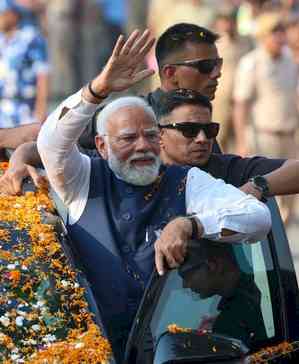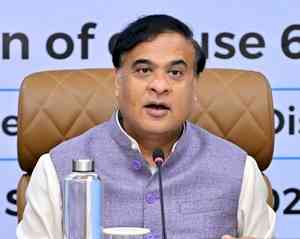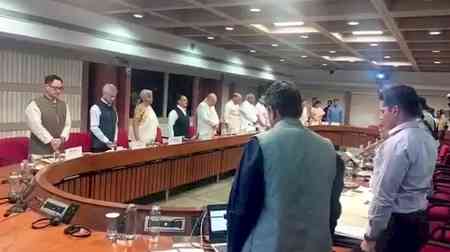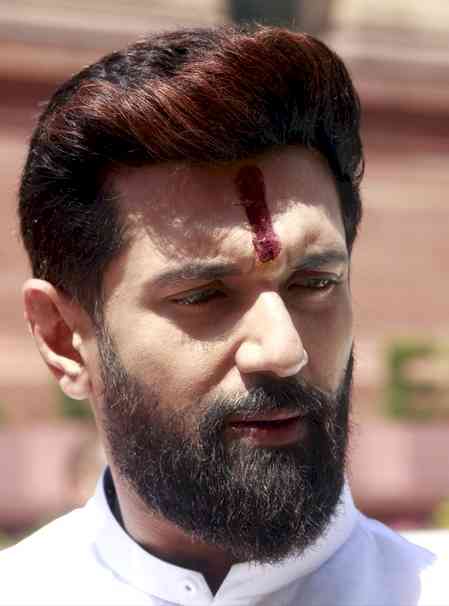In tirade against PM Modi, Western media chooses to ignore legitimacy of huge electoral mandate
A seemingly well-planned anti-BJP and anti-Modi campaign continues in a certain section of the Western media even as India successfully held the first of the seven-phase Lok Sabha elections on Friday.

New Delhi, April 20 (IANS) A seemingly well-planned anti-BJP and anti-Modi campaign continues in a certain section of the Western media even as India successfully held the first of the seven-phase Lok Sabha elections on Friday.
Regarded as the biggest festival of democracy involving the largest electorate in the world with 96.88 crore registered voters, the marathon exercise is conducted on an unparalleled scale reflecting the vibrant diversity of the country.
However, instead of appreciating the free, fair, and peaceful conduct of polls, a few global media outlets are displaying a myopic view by continuing their tirade against Prime Minister Narendra Modi and the NDA government that has enjoyed a massive electoral mandate over the last 10 years.
From 'Narendra Modi is preparing new attacks on democratic rights' and 'India's election: fixing a win by outlawing dissent damages democracy' to 'Will the outcome of India's election increase intolerance' and 'India can grow fast with or without Narendra Modi', several one-sided stories have been done by some major Western news organisations in the past few weeks, exposing their biased coverage.
"There is no Modi's guarantee on keeping India's democracy alive," read an opinion piece titled 'Modi is making India's election all about himself' published earlier this week by an American news service based in New York.
Perhaps irked with the massive popularity that PM Modi enjoys, both in and outside India, a section of the foreign media is also raising questions about voting machines.
Having emptied their ammunition against the ruling government by now, some news outlets have resorted to playing the divisive card by doing coverage titled 'Progressive South is rejecting Modi'.
Several attempts have also been made to raise India's internal issues at the regular news briefings held by the state administrations of some countries.
Analysts believe that such coverage only reflects the rising frustration in the Western media as PM Modi is widely expected to return to power for the third consecutive term in June.
Earlier this month, in an interview with Newsweek, Prime Minister Modi took on those who accuse his government of engaging in religious discrimination.
"These are usual tropes of some people who don't bother to meet people outside their bubbles. Even India's minorities don't buy this narrative anymore. Minorities from all religions -- be it Muslims, Christians, Buddhists, Sikhs, Jains, or even a micro-minority like Parsis -- are living happily and thriving in India," the Prime Minister said.
There have been several exceptions too, including some from unexpected quarters.
Last year, in a rare commendation, the Chinese government's mouthpiece Global Times published an article praising India's significant strides in economic development, social governance, and foreign policy under the leadership of PM Modi.
The article, penned by Zhang Jiadong, the Director of the Center for South Asian Studies at Fudan University, Shanghai, acknowledged India's robust economic growth, improvements in urban governance, and a shift in attitude towards international relations, notably with China.
“For example, when discussing the trade imbalance between China and India, Indian representatives earlier used to primarily focus on China's measures to reduce the trade imbalance. But now they are placing more emphasis on India's export potential," Jiadong wrote.


 IANS
IANS 










